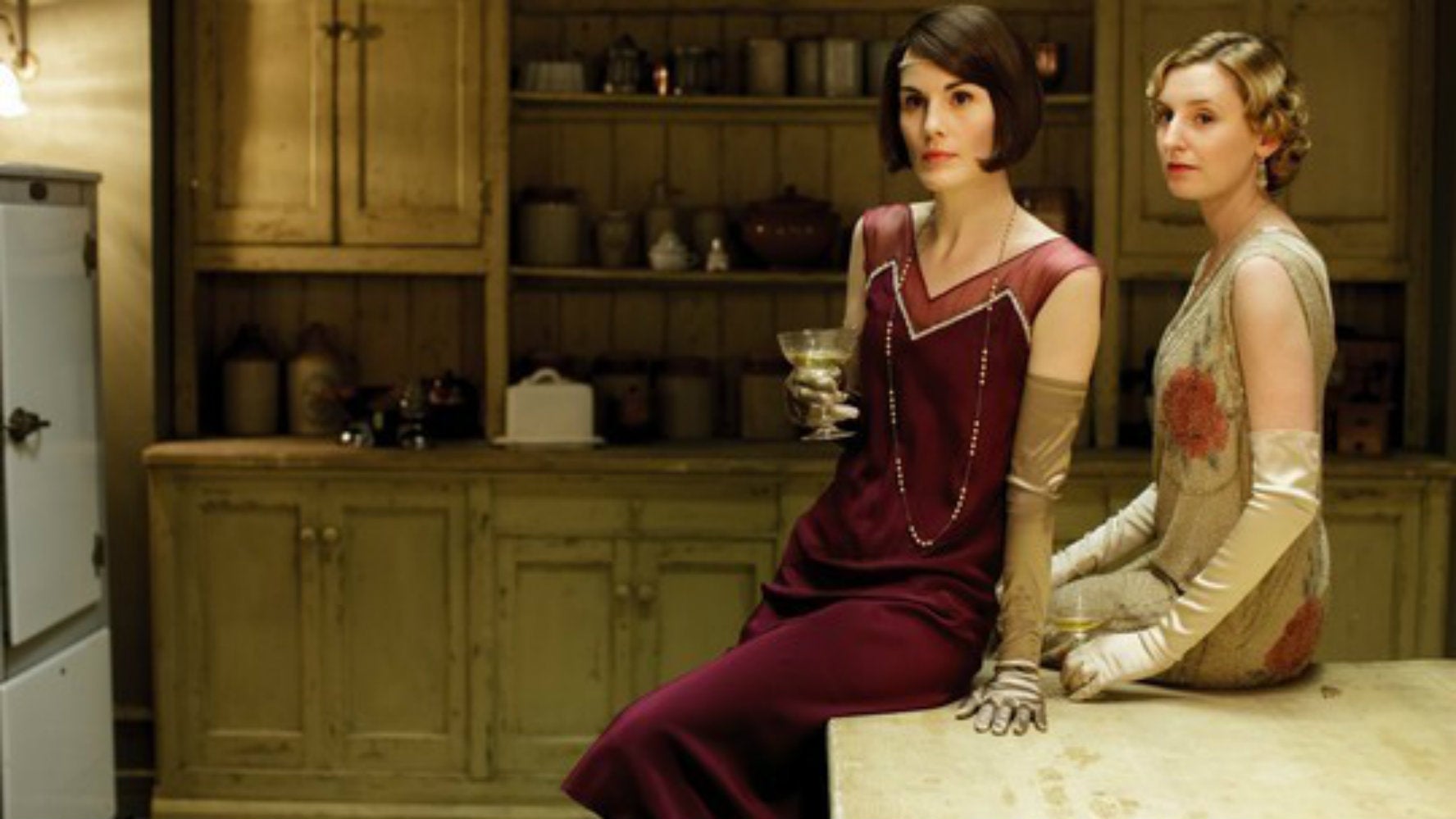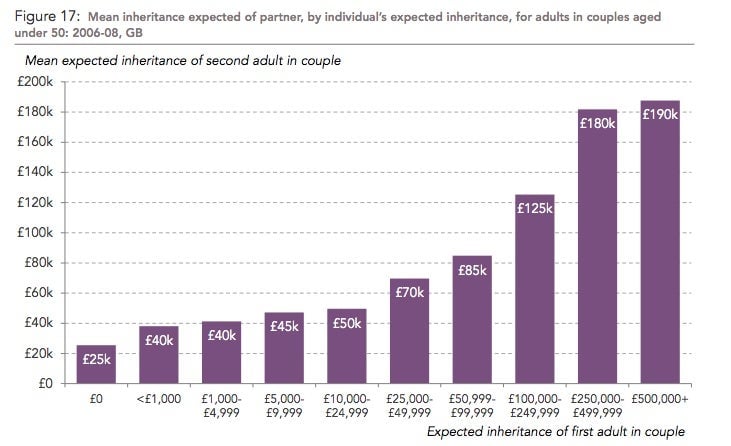Britain’s class problem comes down to “assortative mating”
Britain is obsessed with social class. Whether it’s the jobs we have, the words we use, the education we receive, political beliefs, or even the TV shows we watch, being preoccupied with class is as British as drinking tea and eating fish and chips.


Britain is obsessed with social class. Whether it’s the jobs we have, the words we use, the education we receive, political beliefs, or even the TV shows we watch, being preoccupied with class is as British as drinking tea and eating fish and chips.
While the class system is complex, a key differentiator is economic capital; and a lack of income equality gives Britain one of the worst social mobility problems in the world.
But British people tend to exacerbate the problem of social class income inequality with “assortative mating”—choosing to have kids with someone who has similar traits. While studies show that humans do this by looking at genetic markers, a report today (Dec. 30) by independent think tank Resolution Foundation pointed out (pdf) that in the UK ”people tend to couple up with those who have similar inheritance expectations to their own.”
Of course, this could be a chicken and the egg situation. If you’re born into a certain class in Britain, it’s less likely you will move around within society, and therefore be exposed to more potential partners across other groups. But by usually coupling with others of similar social standing, you end up hurting social mobility by strengthening the status quo.
“Assortative mating is likely to amplify these absolute gaps in individuals’ future wealth transfers at the household level,” said the report. “Adults aged under 50 who are in couples and expect to get no inheritance themselves have partners with an average expected future inheritance of £25,000 ($33,759). By contrast, those who themselves expect to inherit more than £500,000 in future have partners with an average expected future inheritance of £190,000.”
The Resolution Foundation also points out that the fortunes passed onto the younger generation mostly come down to home ownership. The poorer the family, the less likely they are to own their home, and even if they do own property, it’s unlikely it will be worth as much as their wealthier counterparts. The think tank says that 46% of 20-35 year olds who don’t own a home have no parental property wealth, meaning they are more likely to not ever inherit one—or pass one on to their own children.

Maybe romantic pop culture narratives about people falling in love with someone “from the wrong side of the tracks,” such as in popular shows like Downton Abbey, are so compelling in Britain precisely because those relationships are so statistically unlikely.
The Resolution Foundation also looked at what the implications are for inheritances and gifts on generational living standards. It found that these types of wealth transfers will significantly help millennials (those born between 1981 and 2000) in years to come, even more so than previous generations. This is because the home-ownership rates of parents of millennials (baby boomers born between 1946 and 1965) are at 75% and “the real value of estates passing on death has more than doubled over the past 20 years.”
However, as the report pointed out, children of rich parents will receive bigger inheritances while the very poor will receive barely anything. If history repeats itself, their children will couple up with others with similar economic backgrounds, and the income equality gap will further widen, as it has for generations.